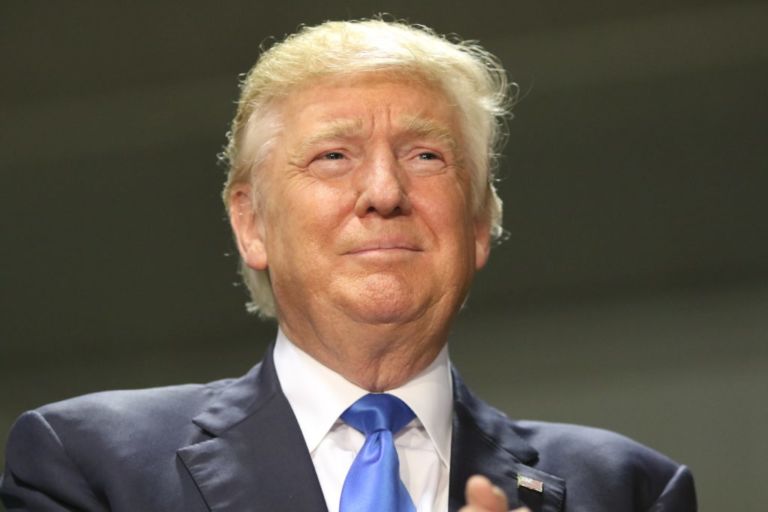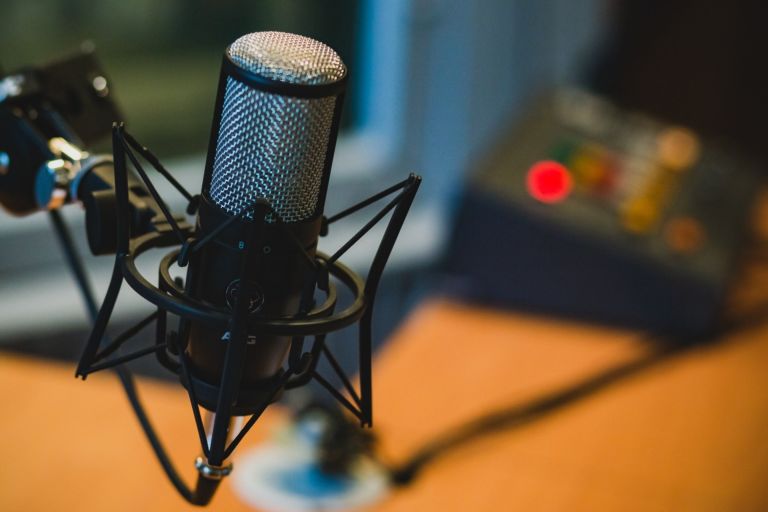Editors at National Review Online discuss the latest evidence that the official narrative about the COVID-19 pandemic was wrong.
Another government agency has found a laboratory leak to be the most likely explanation behind the origin of the Covid-19 pandemic.
According to a Wall Street Journal report, the Department of Energy recently revised its assessment of the origins of the pandemic to conclude that a lab leak was the most likely origin of the disease. While the assessment was made with “low confidence,” the department switched from its previous stance, “undecided,” after receiving new intelligence, studying research on the topic, and consulting with experts.
The Journal reports this Department of Energy analysis was conducted by “Z Division,” the intelligence arm of Lawrence Livermore National Laboratory, which specializes in assessments of the nuclear- and biological-weapons activities of foreign states; their work is rarely declassified, and, when it is, it is often heavily redacted. It is worth noting that in June 2021, the same Journal reporters reported that Z Division studied the genomes of the virus, SARS-CoV-2, and concluded that “the hypothesis claiming the virus leaked from a Chinese lab in Wuhan is plausible and deserves further investigation.”
There’s still no airtight evidence that proves any theory outright, and the intelligence community remains split between the possibility of a lab leak and that of a purely natural, or zoonotic, origin. But the embarrassing failure of opinion-makers who decried the lab-leak theory as unscientific and racist looks even worse with each new development.
At the outset of the pandemic, U.S. national-security hawks such as Senator Tom Cotton — a member of the Senate intelligence committee — and then–secretary of state Mike Pompeo asserted that a lab-leak explanation was very plausible. Rather than treating that theory seriously, however, progressive media figures slandered the theory’s proponents, with support from researchers who stood to lose out on a small fortune in grants for coronavirus research in China if such funding was cut off in a backlash.

